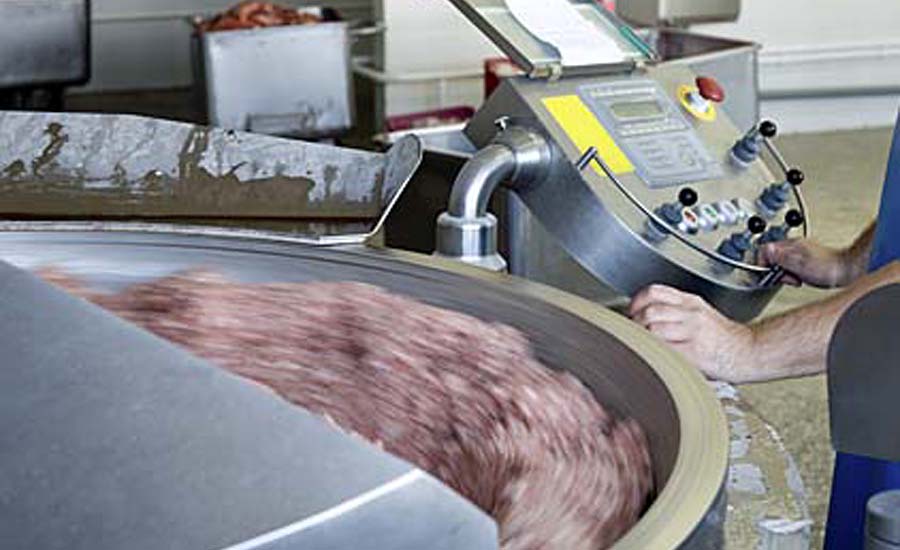Cell-based meat startup on mission to produce better meats
Unlike conventional meat or other cell-based meat products, no animals are harmed during the cell harvesting process and no additional animal support is needed after the cells are collected.

Cell-based meat startup Meatable, The Netherlands, is on a mission to produce better meats with a single cell thanks to the culmination of breakthrough stem cell technologies and a patent created by scientists from University of Cambridge, UK, and Stanford University, Stanford, Calif.
Unlike conventional meat or other cell-based meat products, no animals are harmed during the cell harvesting process and no additional animal support is needed after the cells are collected. How it works is, Meatable takes one cell from a cow, chicken or pig to create animal muscle and fat cells that grow into real meat. This proprietary approach uses minimal resources to produce meat in just 3 weeks and reduces water, land usage and greenhouse gas emissions by 90% compared to conventional meat, making it what is said to be the most sustainable and scalable way to feed the world.
“In conjunction with the work of Professor Roger Pedersen at Stanford University, the technology my team has developed overcomes the scalability issues that have been holding back progress in this field. The cell lines we’ve developed proliferate indefinitely and produce millions of identical cells, at unprecedented purities and within a very short timeframe. The result is genuine tissue that does not require fetal bovine serum to grow -- the standard cellular medium upon, which cells usually feed -- which has been one of the biggest barriers to producing meat at scale,” says Dr. Mark Kotter, neurosurgery clinician scientist and lecturer at University of Cambridge and inventor of the patented Meatable technology.
“Meatable is flipping the food production paradigm by aligning practices to better care for the welfare of humans, animals and the planet as a whole. Our products are completely sustainable and slaughter-free, and aim to decrease the meat industry’s footprint while increasing food security and never sacrificing on taste. Though the cell-based meat market is still in its early stages, our novel production methods are jumpstarting the process to creating affordable alternatives to traditional meat for consumers,” adds Daan Luining, chief technology officer.
Thanks to a combined $3.5 million investment led by BlueYard Capital, Germany, with additional funding from Atlantic Food Labs, Berlin; Backed VC, London; and several angel investors such as Charles Songhurst and Jörg Mohaupt, Meatable plans to expand its team, attract new partners and accelerate product development.
“We look forward to supporting Meatable on its mission to recreate meat from animal cells and become a key player in a post-animal economy. We believe Meatable’s unique IP and team experience give it defensibility and a head start in solving the greatest scalability challenges of this exciting and emerging market,” says Jason Whitmire, general partner at BlueYard Capital and member of the Meatable board of directors.
“In addition to the obvious value of novel meat production methods to society, the business opportunity is enormous. The global meat market is valued at $1 trillion and is expected to grow significantly, especially with the rise of middle-income countries in Asia,” says Krijn de Nood, chief executive officer.
Looking for a reprint of this article?
From high-res PDFs to custom plaques, order your copy today!






